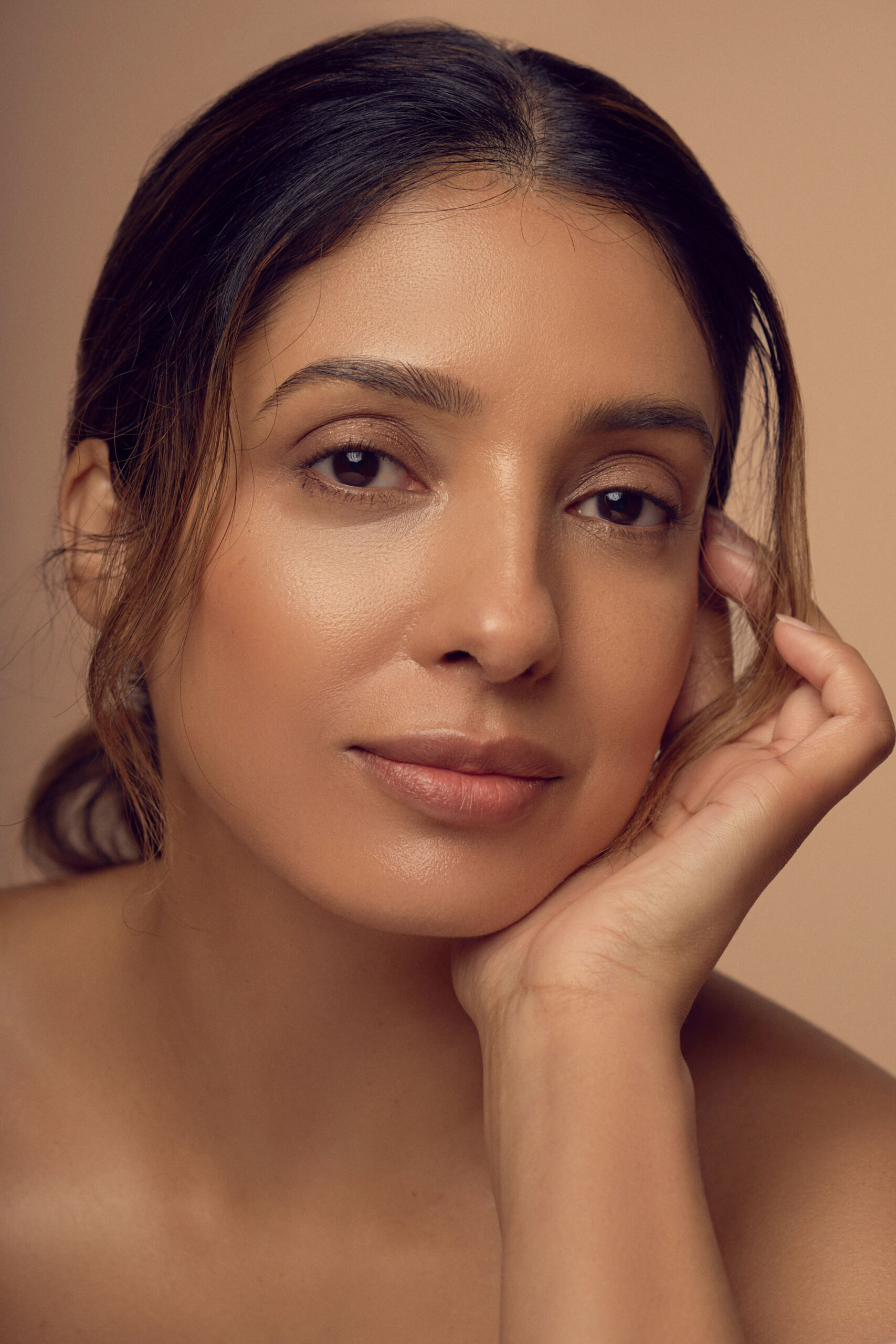Cheek fillers are also known as ‘cheek dermal filler’, ‘cheek enhancement’, ‘cheek contouring’ and ‘cheek augmentation’.
While cheek fillers can be a safe and effective way to enhance facial volume and contour, they may not be suitable for everyone. Certain individuals may not be ideal candidates for this procedure. In this blog post, we will explore the factors that can make someone a less suitable candidate for cheek fillers.
People with Certain Medical Conditions
- Infections: Active skin infections in the face or surrounding areas can increase the risk of infection after cheek filler injections. If you have any skin infections in the treatment area, then you aren’t suitable.
- Pregnancy and Breastfeeding: Pregnant and breastfeeding women should avoid undergoing elective cosmetic procedures, including cheek fillers.
Individuals with Allergies or Sensitivities
- Allergies: Individuals with allergies to hyaluronic acid or lidocaine, the primary ingredients in most dermal fillers, should avoid this procedure.
People with Certain Expectations
- Unrealistic Expectations: If you have unrealistic expectations about the results of cheek fillers you aren’t suitable. Cheek fillers are not a miracle treatment, and do have limitations.
- Temporary Results: It’s essential to understand that the results of cheek fillers are temporary. If you’re seeking permanent results, surgical options may be more suitable.
Individuals with Certain Facial Features
- Excessive Facial Fat: If you have excessive facial fat, reducing your weight may be a more effective way to achieve a more sculpted appearance. Adding cheek fillers to a full face may give a heavier, rounder appearance.
Age Considerations
- Very Young Individuals: Individuals under the age of 18 are not suitable for cheek fillers.
- Older Individuals: While cheek fillers can be beneficial for individuals of all ages, older individuals may require more frequent treatments to maintain desired results due to age-related skin changes. Further, people with advanced skin sagging are often not suitable, as cheek fillers will not make a visible difference in cases where sagging is the primary issue.
Conclusion
While cheek fillers can be a safe and effective way to enhance facial appearance, they may not be suitable for everyone. By understanding the factors that can make someone a less ideal candidate, you can make informed decisions about whether this procedure is right for you. If you aren’t sure whether to get cheek fillers, have a consultation with a experienced cosmetic doctor. They can assess your concerns, and recommend the most suitable treatment options.


